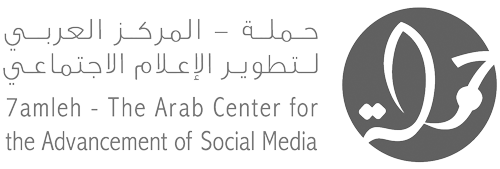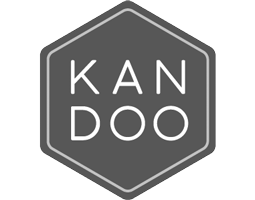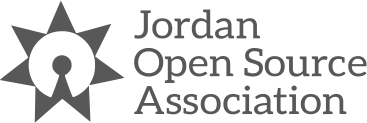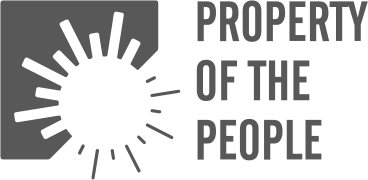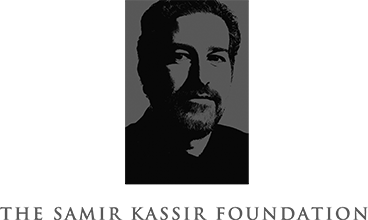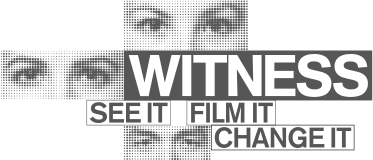On May 6, 2021, activists reported Instagram stories including reshared and archived ones relating to Israel's forced evictions of Palestinian families in East Jerusalem were removed without prior notice. Instagram blamed it on a technical error that the company claimed to have fixed.
On May 7, as Israeli forces stormed into Al-Aqsa mosque and attacked worshipers with tear gas and stun grenades during the holy month of Ramadan, Instagram restricted access to Arabic-language posts using hashtags ( #الأقصى) that mentioned Al-Aqsa mosque, the third-holiest site in Islam. The company blamed it on an enforcement error, which listed the mosque as a dangerous organization.
7amleh, Access Now and Sada Social have received hundreds of reports that social platforms are suppressing Palestinian protest hashtags, blocking livestreams, and removing posts and accounts.
On May 7, Access Now, 7amleh, and other rights groups wrote an open letter to Facebook and Twitter demanding the companies to “immediately stop censoring and reinstate the accounts and content of Palestinian voices (...) and open an investigation into these takedowns, and transparently and publicly share the investigations.”
On May 11, Twitter temporarily restricted the account of Palestinian American writer Mariam Barghouti, who was reporting on the protests and the violence against protesters by Israeli police, army and settlers. Twitter later said it was an accident.
On May 13, The Intercept published Facebook's an internal policy they obtained on when to delete Facebook/Instagram posts containing the word "Zionist”. The source said the policy has been in place since 2019 contrary to what the company claimed in meetings with civil society.
7amleh, the Arab Center for Social Media Advancement, just released a report called “The Attacks on Palestinian Digital Rights”, documented more than 500 reports between May 6 and May 19 on such takedowns marking an increase in attacks on Palestinian digital rights.
What We're Asking Facebook
- Public Audit: A full, independent, public audit of content moderation policies with respect to Palestine and a commitment to co-design policies and tools that address deficiencies or overreach of content moderation found during the audit. Furthermore, rules should be based on existing human rights frameworks and must be applied consistently across jurisdictions.
- Government request transparency: Complete transparency on requests—both legal and voluntary—submitted by the Israeli government and Cyber Unit, including number of requests, type of content enforcement; and data regarding compliance with such requests. Users should also be able to appeal content decisions1
- Automation transparency: Transparency with respect to where automation and machine learning algorithms are being used to moderate content related to Palestine, including error rates as well as classifiers used.
- Dangerous organizations: Transparency regarding any content guidelines or rules related to the classification and moderation of terrorism and extremism. Companies should, at minimum, publish any internal lists of groups classified as “terrorist” or “extremist.” Users cannot adhere to rules that are not made explicit.
- Commitment to co-design: Commitment to a co-design process with civil society to improve upon policies and processes involving Palestinian content.
Early signatories
"Facebook can't have it both ways: if it is going to be central to our political and social lives, it can't make up the rules as it goes, singling out some groups for special enforcement and exempting others. The requests in this call represent the bare minimum that we should expect from a well-run service." — Cory Doctorow
"Being the dominant social media should not give you the right to determine which voices are amplified and which are silenced . Freedom of expression is crucial to a free and open society ." —Musician Peter Gabriel
Press
Selection of articles and interviews
- Inside Facebook's Meeting With Palestinian Prime Minister, TIME
- Palestinians’ digital rights ‘violated’ by censorship on social media, reportclaims, The Independent
- Facebook under fire as human rights groups claim ‘censorship’ of pro-Palestine posts, The Guardian
- Instagram, Twitter blame glitches for deleting Palestinian posts, Thomson Reuters Foundation
- Content moderation in conflict zones: What role for big tech?, Thomson Reuters Foundation
- Facebook Palestinians Have Been Censored on Facebook for Years, But Now It's Even Worse, Vice
- Dia Kayyali on how Facebook, Twitter, and Instagram have failed on Palestinian speech, Slate
- Amid Israeli–Palestinian Violence, Facebook Employees Are Accusing Their Company Of Bias Against Arabs And Muslims, Buzzfeed News
- Palestinian groups decry glitches by social media companies/claim long history of censorship by social media companies, Washington Post
- Social networks accused of censoring Palestinian content, Columbia Journalism Review
1The Santa Clara Principles on Transparency and Accountability in Content Moderation provides guidance for implementing these measures.


